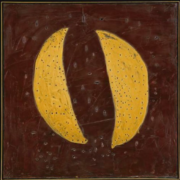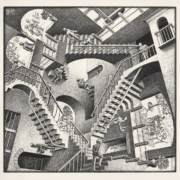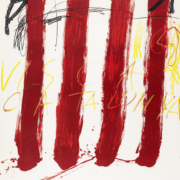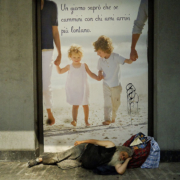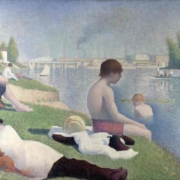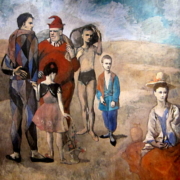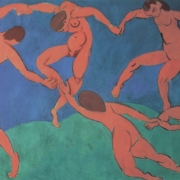Abstract
The institution which works well is the institution we become aware of only when it fails, like the air we breathe, so necessary but so little present to our conscience. Some psychoanalysts, in particular Bleger and Kaës, have theorized about this condition which is necessary for the psychic life of the individual in groups and of groups themselves. Both theorizations entail a further narcissistic injury, the fourth one, after the ones inflicted by Copernicus, Darwin, and Freud, to a concept of the human subject as master of the universe. The ego becomes such in the group and from the group. The institution is a necessary vital organization: the first one is the body itself in its synergetic and silent functioning that, when everything goes well, allows the subject to sleep with the freedom of dreaming. Other institutions are the developmental environment in which the child can grow up, and the social organization where he/she can have the freedom to play, love, work, and think.
Which institution? Certainly not an institution that demands to discipline our dreams and behaviour, but an institution that allows us to live as one and many, as a singular plural. It is not utopia, but a need that nevertheless requires working through a narcissistic injury in order not to transform the institution into a disciplinary apparatus that pushes the narcissism of one subject to annihilate the narcissism of the other, even though it appears with new features that are only apparently plural. Read more

